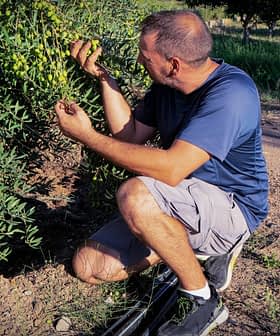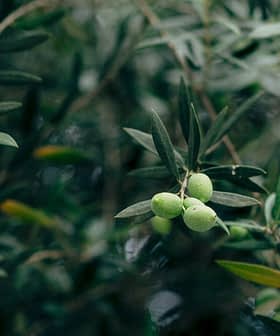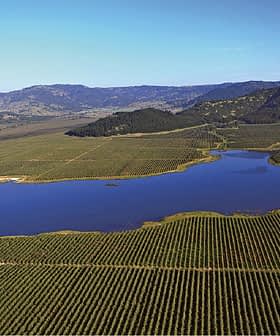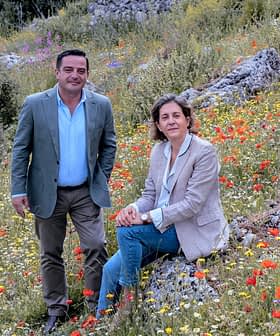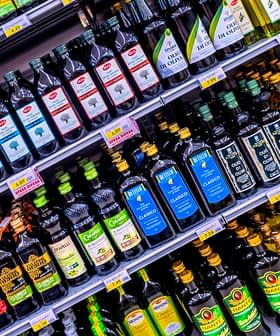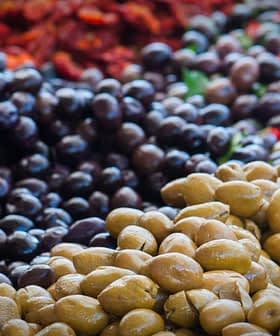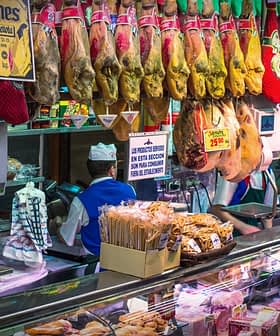Study Reveals Impacts of Climate Change on Spanish Olive Sector
A recent report from COAG found that climate change is causing €550 million in annual losses for the Spanish agricultural sector, with significant impacts on olive groves, vineyards, pastures, and cereal crops. The report predicts that a 1.5 ºC temperature rise could result in the loss of 80 percent of olive-growing land in Andalusia, but the iconic Picual variety may withstand the change, while a 2 ºC increase could lead to a significant decrease in water resources and endanger holm oak pastures in parts of Spain.
A recent report from the Coordinator of Agriculture and Livestock Organizations (COAG) found that climate change has resulted in €550 million of losses per annum for the Spanish agricultural sector, equivalent to approximately 6 percent of its total value,
The report was the first to document the impacts of climate change on Spain’s olive groves, vineyards, pastures and cereal crops.
Taking urgent action today to keep warming below 1.5 °C is more efficient and less costly. The prevention of climate change, therefore, will help us protect our agriculture and economy.
The research indicated that global temperatures rising 1.5 ºC above the pre-industrial average could result in the loss of 80 percent of agricultural land suitable for olive varieties such as Manzanilla or Hojablanca in Andalusia, which is home to 60 percent of all Spanish olive groves.
Previous research estimated that olive oil production in the Sierra Mágina, in south-central Jaén, would decrease by 3.5 percent and 7 percent for irrigated and rainfed olive groves, respectively, with a 1.5 ºC temperature rise.
See Also:Researchers Work to Identify Olive Varieties Best Adapted to Higher TemperaturesHowever, the report also predicted the country’s iconic Picual variety would withstand this level of temperature rise and continue to maintain yields despite extended dry spells.
The report also predicted that such a 1.5 ºC increase would reduce wheat yields by 8 percent and land used for high-quality wine production by 10 percent.
The COAG report further found that a 2 ºC increase in global temperatures will see an 11 percent decrease in water resources and endanger the holm oak pastures, an iconic part of the southern Iberian landscape, in western Extremadura and Andalusia.
Further, a 2.5°C increase would affect Picual olives significantly and probably result in the disappearance of holm oak pastures in most parts of southern Spain.
Many in Andalusia, the world’s largest olive oil-producing region by a wide margin, worry that hotter springs will adversely affect olive trees when they bloom and endanger future olive harvests.
During the presentation of the report, Andoni García, the head of trade union action at COAG, said that the results of climate risks should be the basis for developing strategies to avert climate change and protect agricultural lands.
“Taking urgent action today to keep warming below 1.5 °C is more efficient and less costly,” he said. “The prevention of climate change, therefore, will help us protect our agriculture and economy and ensure that an eternal summer does not dry out our gastronomy, traditions, culture and identity.”


